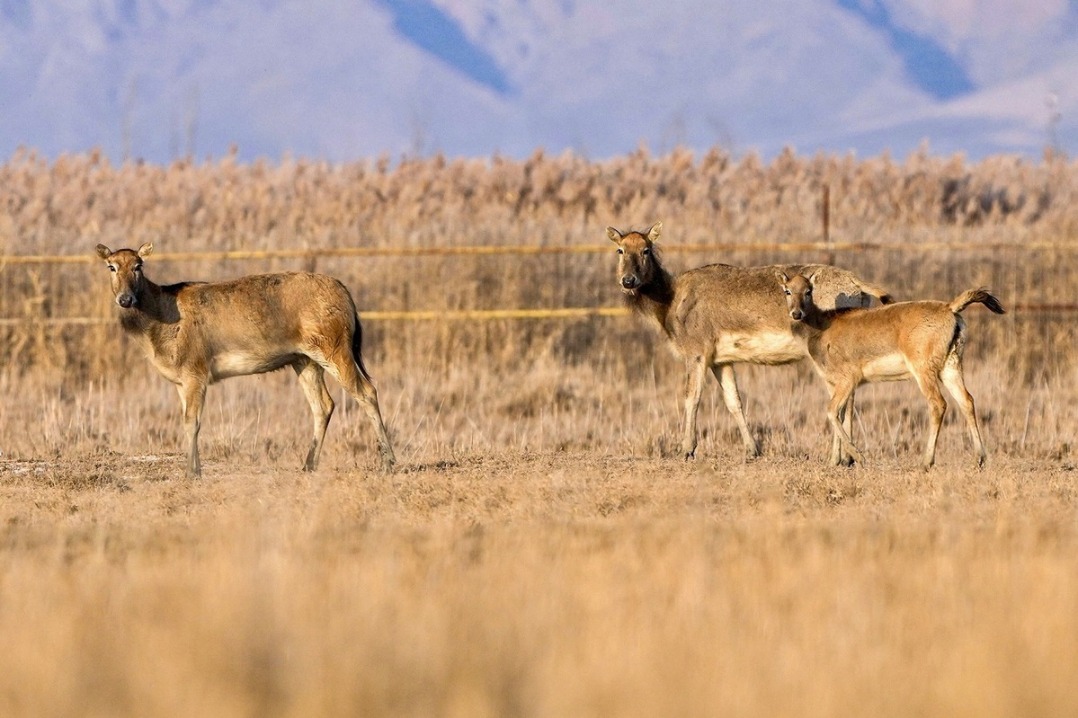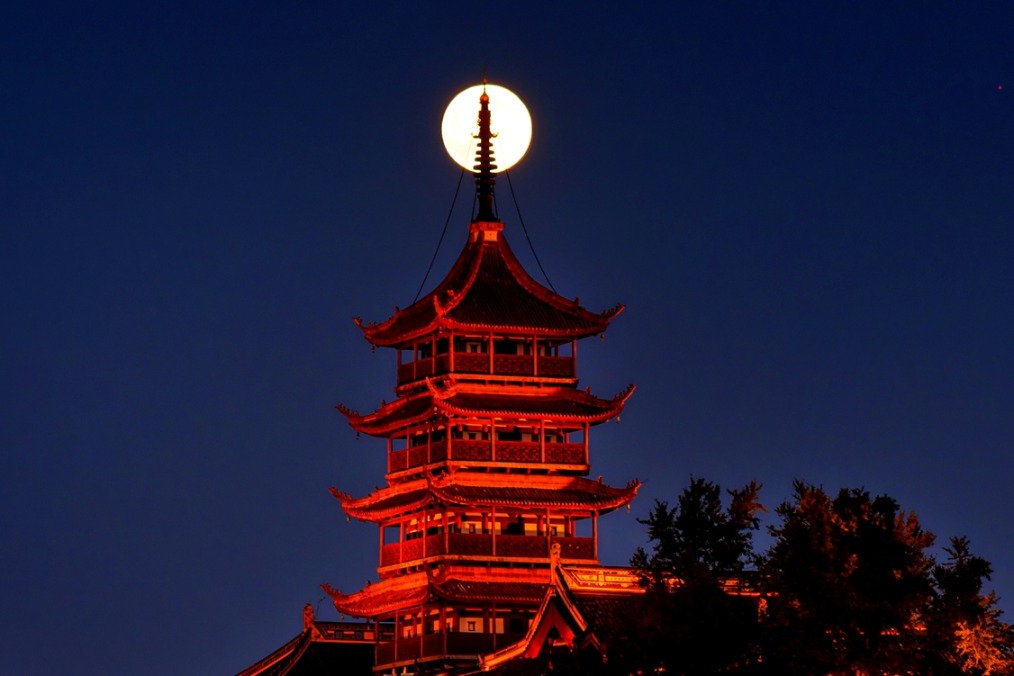Experts urge disease prevention awareness to boost HPV vaccination

Increasing the coverage rate of HPV in China requires dispelling public misconceptions and enhancing awareness of disease prevention, experts said.
HPV is the leading cause of cervical cancer, a life-threatening disease that claimed nearly 350,000 lives worldwide in 2022, with China accounting for 16 percent of the deaths.
China will include a vaccine to treat HPV in the national immunization program starting on Monday, according to a new policy issued by seven government agencies on Oct 30. Free vaccinations with two doses of a bivalent HPV vaccine, given six months apart, will be provided to 13-year-old girls.
As of June, 18 provincial-level regions in China had provided free HPV vaccination for eligible girls, benefiting about 5 million girls annually, according to a white paper released by the State Council, China's Cabinet, on Sept 19.
In Beijing, for example, girls can receive free domestically developed bivalent vaccines that protect against HPV strains 16 and 18 — the two most common strains, which cause 70 to 80 percent of cervical cancers — once they reach seventh grade.
A staff member at the Taiyanggong Community Health Center in Beijing said students must arrange for the vaccinations through their schools. Since notifications were sent in September, the center has seen continuous visits from girls accompanied by their parents.
"Sexual transmission is the primary route of HPV infection, which is why we recommend young women get vaccinated against HPV before their first sexual intercourse," said Tan Xianjie, chief physician at the Gynecological Cancer Center of Peking Union Medical College Hospital in Beijing.
However, concerns persist among some parents.
Li Yun, mother of a first-year junior high school girl in Beijing who chose to use a pseudonym, said the school informed parents in September that students could voluntarily receive either free or paid HPV vaccines at a school-arranged time.
She chose the imported nine-valent vaccine for her daughter, priced at about 1,300 yuan ($182.57), believing it to be "more reliable".
When she arrived at the health center on a weekend afternoon, only three girls were waiting.
"I talked with two parents in my daughter's class who refused the vaccination," she said. "One said it's not necessary as the child is too young and will not have sexual behaviors. Another worried that too many vaccinations may harm the child's health."
Li said she viewed the vaccination as an added precaution to protect her daughter's future health. Her daughter experienced no side effects, she added.
In Shanghai, girls age 9 to 14 had the lowest rates of first-dose HPV vaccination among all age groups from 2017 to 2024, at 14.1 percent, according to a paper published in the Chinese Journal of Epidemiology on Oct 17.
Qiao Youlin, a professor at the School of Population Medicine and Public Health at Peking Union Medical College, said the difficulties in promoting the national immunization program for HPV vaccines are temporary and will improve over time as health awareness increases.
"In some economically developed regions, people are willing to pay for imported nine-valent HPV vaccines, which is perfectly fine. As long as they get vaccinated, protection can be established," he said. "From the national perspective, the goal is to safeguard the interests of as many people as possible and ensure health equity within capacity, which is why the free domestic bivalent HPV vaccine is currently provided."
He added that although nine-valent vaccines cover more HPV types than bivalent vaccines, bivalent vaccines protect against the most dangerous categories.
"The most urgent task at present is to vaccinate as early as possible," he said.
Zhao Fanghui, director of the Cancer Epidemiology Department at the National Cancer Center and Cancer Hospital, Chinese Academy of Medical Sciences, said that in some underdeveloped areas, people can only access vaccines through government support. She highlighted how including HPV vaccines in the national immunization program promotes health equity across the country.
She added that the benefits of vaccination may not become apparent for more than a decade, which may be why some parents do not take it seriously.
"As people hold more open attitudes toward sexuality today, some individuals may engage in sexual activity at a relatively early age, sometimes without their parents' knowledge," Zhao said.
The World Health Organization has set a global target to ensure that 90 percent of girls globally receive full vaccination against HPV by the age of 15 by 2030, as part of its efforts to eliminate cervical cancer.
"In China, the free vaccination policy has covered many eligible girls, which is an inspiring progress," Tan said. "Existing data show that the HPV vaccine is safe, and its protective effect can last for at least 10 years. But even after completing the full dosage, regular cervical cancer screenings are still recommended."
Liu Xueru contributed to this story.
- Experts urge disease prevention awareness to boost HPV vaccination
- Scientists discover rare earth elements in ferns
- China calls for improved international cooperation on disaster response
- Scientific cooperation key to addressing global challenges
- National push improves people's physical well-being
- Transport aircraft pilot flies high in PLA



































